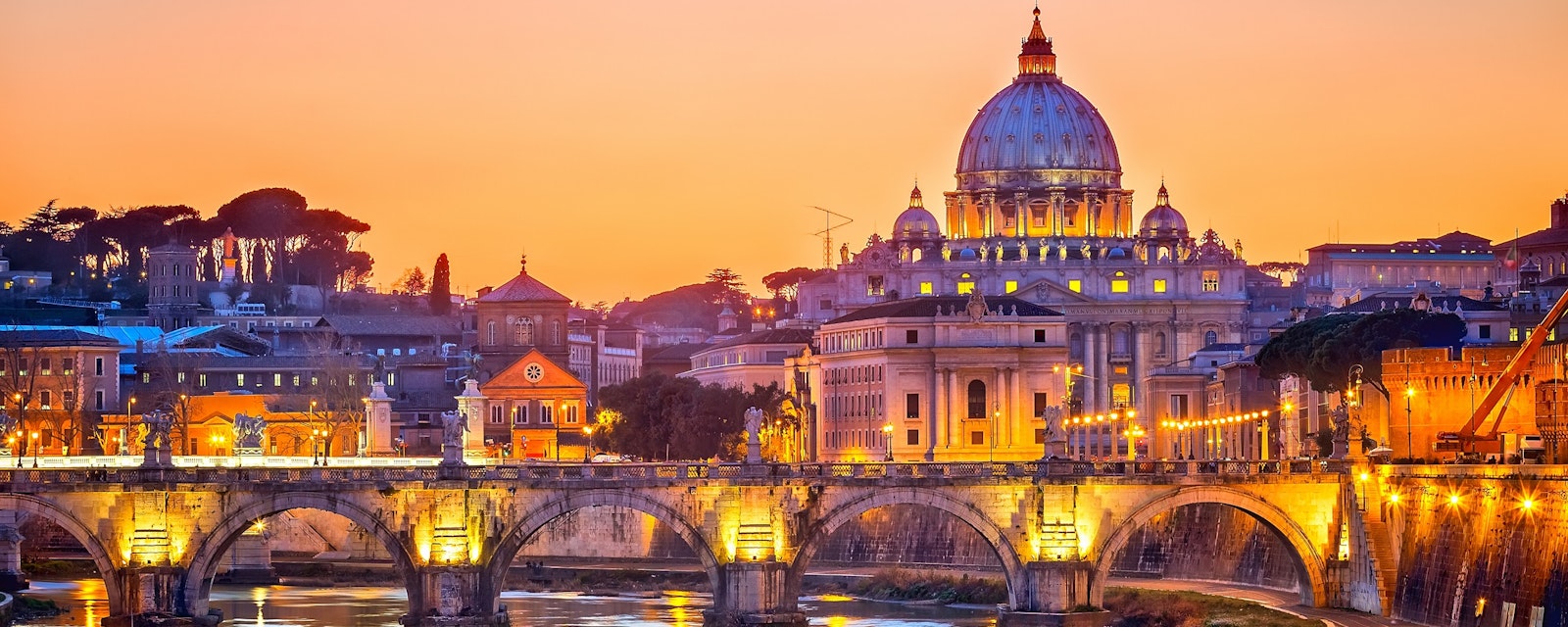The main takeaway from the 3-4 October local elections is that the outcome will not cause any major problem to Prime Minister Mario Draghi's government. The former ECB chairman, who enjoys approval ratings close to 70%, remains unchallenged. Draghi's main source of strength, in addition to his personal standing and competence, is the weakness of the parties (and of their political leaders) supporting him. The next signpost to watch is the presidential election in January: a complex and opaque process that is mainly guided by unwritten rules and determined by behind-closed-door negotiations among political parties.
Acting like a consummate politician, Draghi is taking advantage of the fact that the entire political system (with the sole exception of Brothers of Italy, FdI) has no alternative other than supporting his government. As shown by the decision to make the so-called "Green Pass" compulsory for all workers, the prime minister is willing and determined to push ahead without being beholden to any party. On 5 October, the executive approved the framework of a controversial tax reform despite the absence of ministers from the League, who boycotted the cabinet meeting as the party opposes an overhaul of the land-registry values that determine property taxes. The tax bill, one of the EU requirements for Italy's next tranches of post-pandemic recovery loans and grants, aims to simplify the system and reduce income tax.
The signpost to watch concerning Draghi's tenure in office is the presidential election as the term of Italy's current president, Sergio Mattarella, expires on 2 February 2022. The election process – generally opaque and driven by informal talks among the political parties – is expected to start in mid-January. At present, the only near-certainty is that Mattarella will not be seeking a re-election.
A Closer Look At The Local Elections
The provisional (runoffs will take place on 17-18 October) outcome of the local elections can be summarized as follows: a victory for the center-left Democratic Party (PD), a defeat for the rightist bloc composed by the League, FdI, and Forza Italia, and a disaster for the Five Star Movement (M5S). It is also worth noting that the low turnout (54.7%) coincided with a marked decline in the support for populist parties like the League and the M5S, which did very well in the 2018 general election.
The M5S – the largest party in parliament – suffered another major blow in the local elections, losing control of Rome and Turin. The picture for the M5S is even worse when looking at the percentage of the votes the party garnered in large cities: Rome (11%), Milan (2.8%), Turin (8%), Naples (9.7%), and Bologna (3.4%). For Giuseppe Conte, the former prime minister has no other choice but to stick with the PD and support Draghi's government.
Matteo Salvini's League was the big loser within the right-wing bloc, coming behind FdI in all but one of 118 municipalities with more than 15,000 inhabitants. The League took only 10.7% of the votes in Milan (where Salvini resides), narrowly prevailing over Giorgia Meloni's FdI (9.8%). Salvini is unlikely to face any major challenge from within his party. Still, under pressure, he could become more of a thorn in Draghi's side by pressing harder his "one foot in and one foot out of government" approach. The League could obstruct single initiatives its electorate may find hard to stomach, although it lacks the power to block them. Leaving aside the ongoing spat over Draghi's proposed tax reform, Salvini's next battle will be about the renewal of "Quota 100".
In contrast, Meloni's far-right FdI made gains in almost every municipality, losing traction only in Calabria. According to the polls, she has been on an upward trajectory since 2019, much of it at the League's expense. The straight-talking and media-savvy politician will continue to jostle with Salvini for the leadership of the rightist coalition, making the most of the fact that FdI is the only party in opposition.
On the other side of the political spectrum, the center-left PD did well. The party won Milan, Bologna, and Naples in the first round, and its mayoral candidates are also favorites in the runoffs in Rome and Turin. As a further plus for the party, the forces to the left of the PD fared poorly on the national scale. However, despite the understandable enthusiasm within the PD, it is far too early to suggest that a political sea change is on its way. Enrico Letta has comfortably won a parliamentary by-election in Siena, strengthening his position as party leader and shielding him from intra-party maneuvering and infighting for a few months. Yet, the PD remains conspicuously short of any credible reform program for a party that describes itself as a reformist force.





